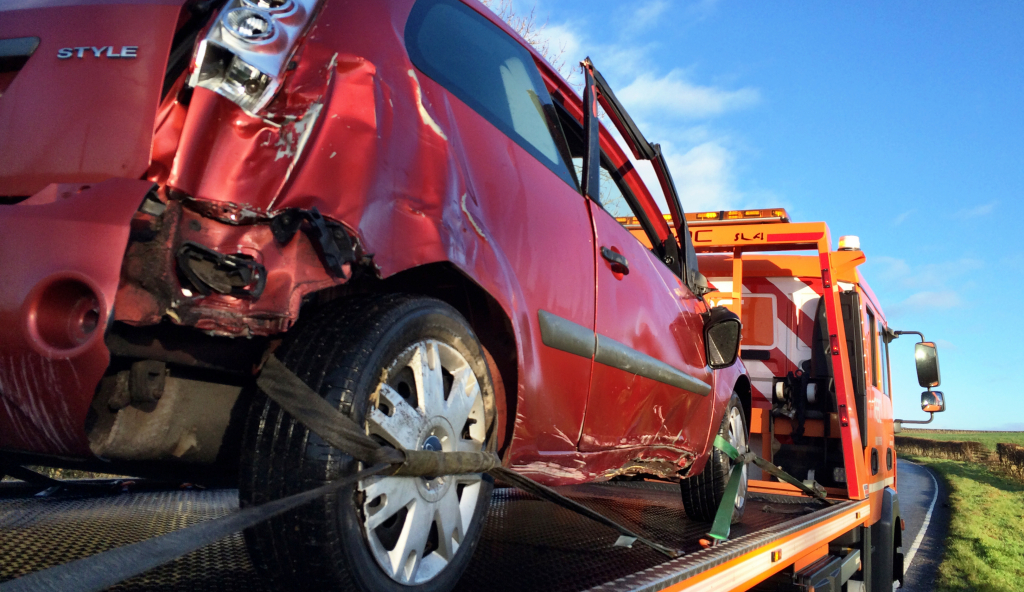Our car — our beloved first car, which I crashed on Boxing Day — was picked up to be recycled today, while my wife and I were at work. It wasn’t in our driveway this evening when we came home.
Even I am surprised by how much this has affected me.
It’s surprising because we never use the pronoun ‘it’ when referring to our car. We named him Carlos as soon as we got him (he’s a car, and he was in Tango Red; clearly Spanish), and we loved him. We loved the freedom he gave us. We loved his cheeky face. We loved that we took care of him and that he took care of us. We loved that he was ours.
So I ought not to be surprised that I could have been charitably described as stoic this morning when I splashed some whisky on him and said goodbye. But I was.
I am perfectly aware, of course, that he was no more than a clever collection of metals, silicates and plastics put together by a company in an order so particularly pleasing that we’d buy it for more money than it cost to produce. He was mass produced. He was a small but notable financial burden. He was damaging to the environment. He was an it.
He served us. His last act was to protect us — essentially flawlessly — as we skidded off the road on black ice.
I went to check the mileage for the insurance claim when he was sitting, carefully taped up with bin liners, in our driveway, and when I turned the key in the ignition, he sprang to life like nothing was amiss. From one side, it looked like nothing was; so much of him is utterly unscathed. It was like a dog, with a broken leg and an angry row of stitches on its flank, wagging its tail, ready to play when you picked up a tennis ball.
This is all, I know, an artefact of the structure and cultural conditioning of my mind. Knowing it, though, doesn’t make me any less sad.
This post originally appeared on Medium.
